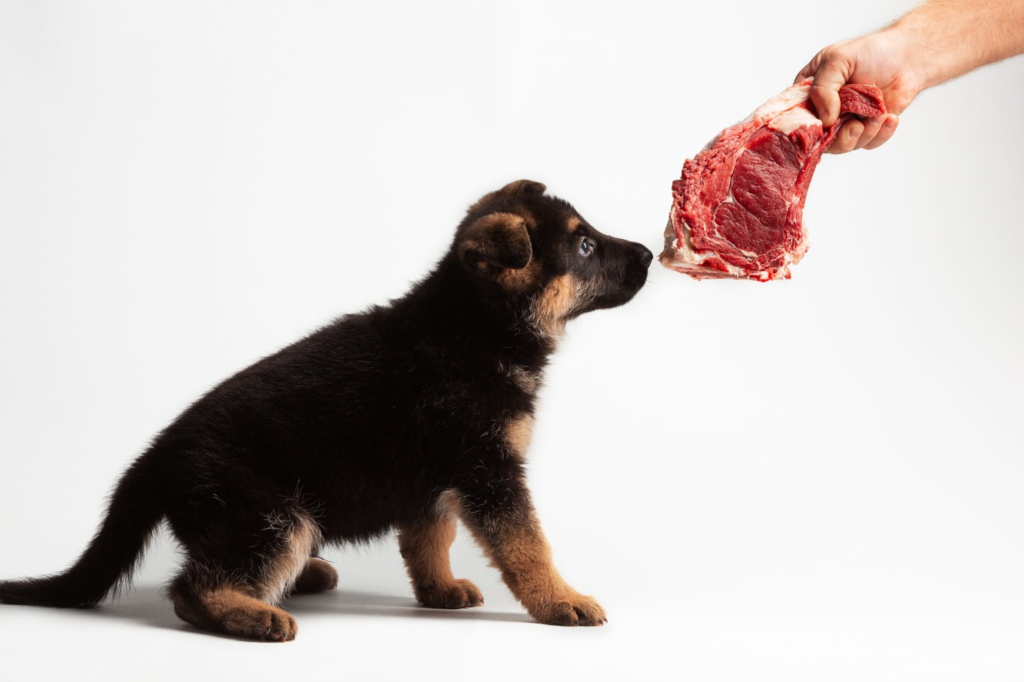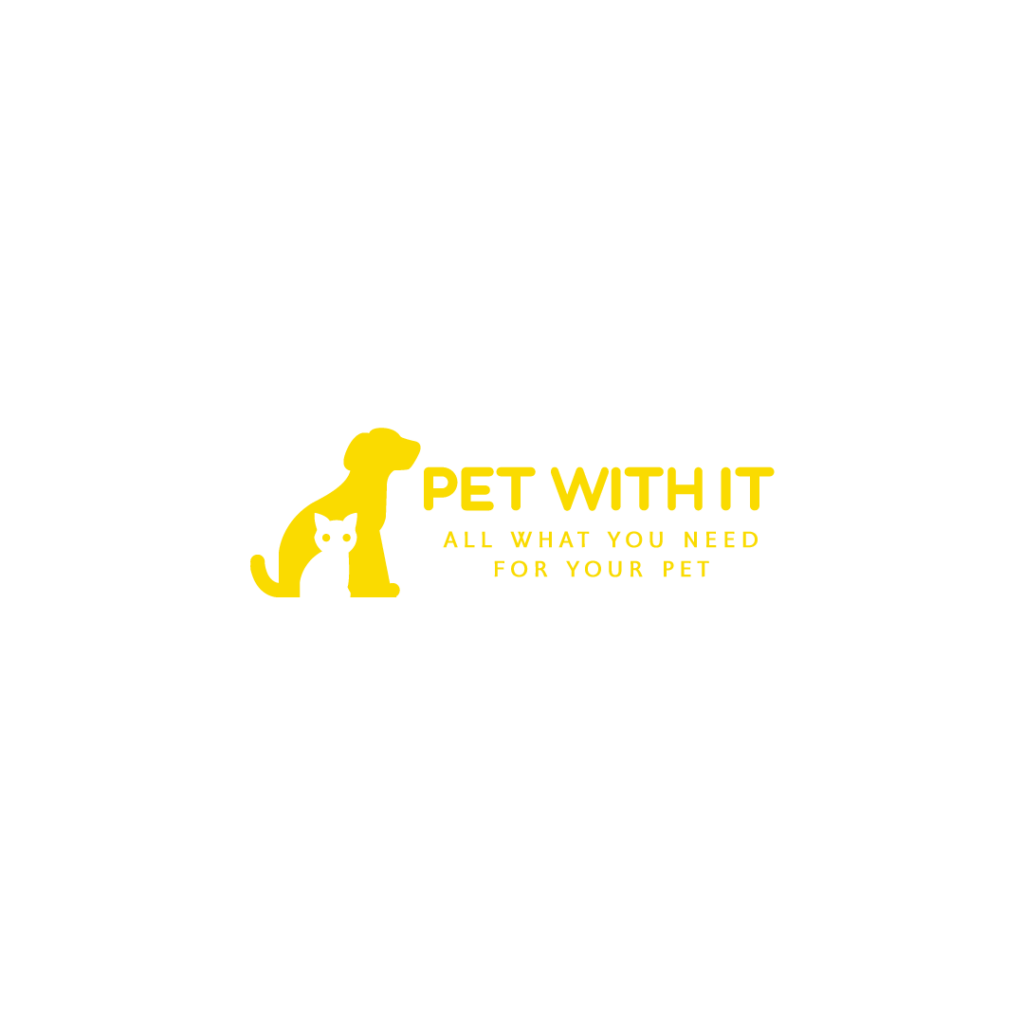Is Raw Food safe for Dogs?

As pet owners, we all want to give our furry friends the best of everything. From toys and treats to food and nutrition, we strive to provide them with a happy and healthy life. But when it comes to food , many questions arise – is raw food safe for dogs? Is it nutritious? Will my dog like it?
We take raw food for dogs and answer some common concerns so you can make an informed decision for your beloved pup.
What is raw food diet for dogs?
A raw food diet is a diet that consists primarily of uncooked, unprocessed foods. Proponents of raw food diets believe that cooking destroys many of the nutrients in food and that raw foods are easier for the body to digest. Raw food diets are usually high in protein and fat and low in carbohydrates.
Raw food diets for dogs are often based on the BARF (Biologically Appropriate Raw Food) or prey model diet, which mimic the diet that wild dogs would eat.
This diet typically contains raw meat, bones, organs, vegetables, and fruits. Some people also add supplements to their dog’s raw food diet to ensure that their pet is getting all the nutrients they need.
While there are some benefits to feeding your dog a raw food diet, there are also some risks. Raw meat can contain harmful bacteria that can make your dog sick, and if not prepared properly, raw bones can splinter and cause choking or gastrointestinal blockages.
If you’re considering feeding your dog a raw food diet, talk to your veterinarian first to make sure it’s the right decision for your pet.
Things to consider before starting a raw food diet for your dog
1. Is your dog able to handle a raw food diet
Some dogs have sensitivities or allergies to certain ingredients in raw foods, so it’s important to talk to your veterinarian first.
2. Make sure you’re getting your dog’s food from a reputable source
There are many recalls of raw pet foods, so it’s important to choose a brand that is trustworthy. Third, be prepared to do some extra work. A raw food diet requires more preparation than simply opening a can or bag of kibble. You’ll need to chop and grind meats, vegetables, and fruits, and sometimes soak them in water overnight.
3. Remember that a raw food diet is not for every dog
If your dog is healthy and does not have any sensitivities or allergies, then a raw food diet may be a great option for you. However, if your dog has any health issues, it’s best to consult with your veterinarian first.
The benefits of raw food for dogs

There are many benefits of feeding your dog a raw food diet. Raw food diets are often packed with nutrients that are not found in kibble or canned foods. This can include higher levels of protein, fat, vitamins, and minerals. Feeding your dog a raw diet can also help to improve their digestion and gut health. Dogs on a raw diet typically have smaller, firmer stools and less gas than those on kibble or canned diets.
Raw food diets can also help to keep your dog’s teeth clean and healthy. Kibble is full of carbohydrates which can turn into sugar when wet, leading to plaque build-up on your dog’s teeth. Raw meaty bones are great for dogs to chew on and can help to remove plaque and tartar from their teeth.
The risks of raw food for dogs
There are a few risks associated with feeding your dog raw food. If the meat is not handled properly, it can contain bacteria that can make your dog sick. Raw meat can also be a choking hazard, so it’s important to cut it into small pieces.
There is also a risk of your dog contracting parasites if they eat raw meat that has not been properly cooked or frozen.
How to transition your dog to raw food?
Slowly transition your dog to a raw food diet.
- Start by mixing a small amount of raw food into their regular kibble. Gradually increase the amount of raw food until they are eating an all-raw diet. The transition process can take several weeks and it’s important to be patient.
- Once you’ve made the switch, there are a few things you need to do to keep your dog safe and healthy. First, make sure you’re feeding them a balanced diet. This means including all the essential nutrients they need for a healthy life. You can do this by working with a veterinary nutritionist or by using a commercially prepared raw pet food diet that is nutritionally balanced.
- Handle raw meat safely to avoid cross contamination and illness. This means keeping Raw Food diets for dogs are becoming more popular, but there are still some misconceptions about them. Are they safe? Will my dog get all the nutrients he needs?
Let’s take a closer look at raw diets for dogs so you can decide if it’s the right choice for your pup.
As with any change in diet, it’s always best to consult with your veterinarian before making the switch to a raw food diet for your dog.
They can help you determine if it’s the right decision for your pet based on their health and nutritional needs.
In conclusion, raw food can be a beneficial and healthy addition to your dog’s diet if done properly. However, it is important to ensure that the food you feed is of high quality and meets all safety standards.
You should also consult with your veterinarian or a nutritionist before introducing any new foods into your pet’s diet, especially raw food.
With the right precautions in place, feeding raw food to your pup can provide them with essential nutrients for a long and happy life!
If you loved this article, you will also love reading our eBook Dubai Ruff Guide
For more furry destinations, the latest blogs, events, and providers you can stay updated by following us on Instagram and signing up for our newsletters.
